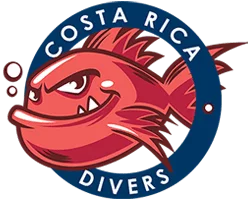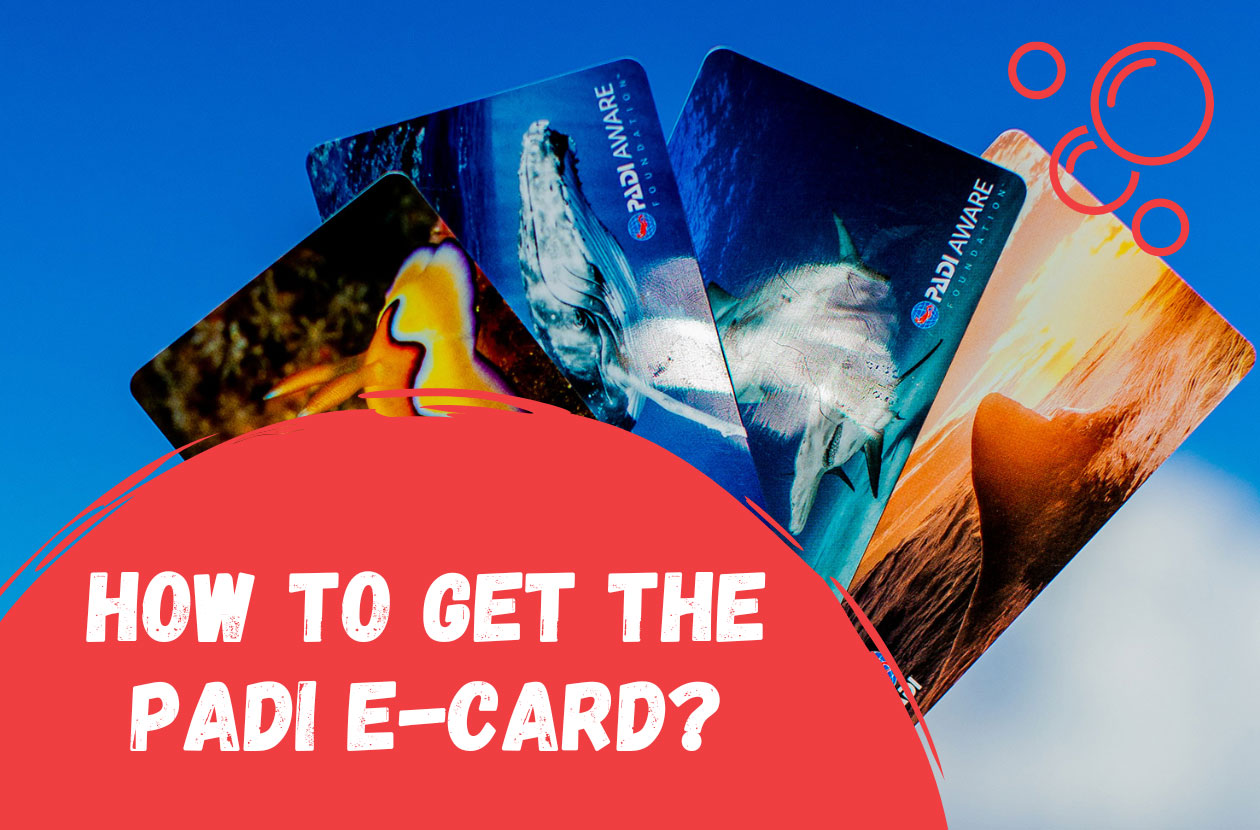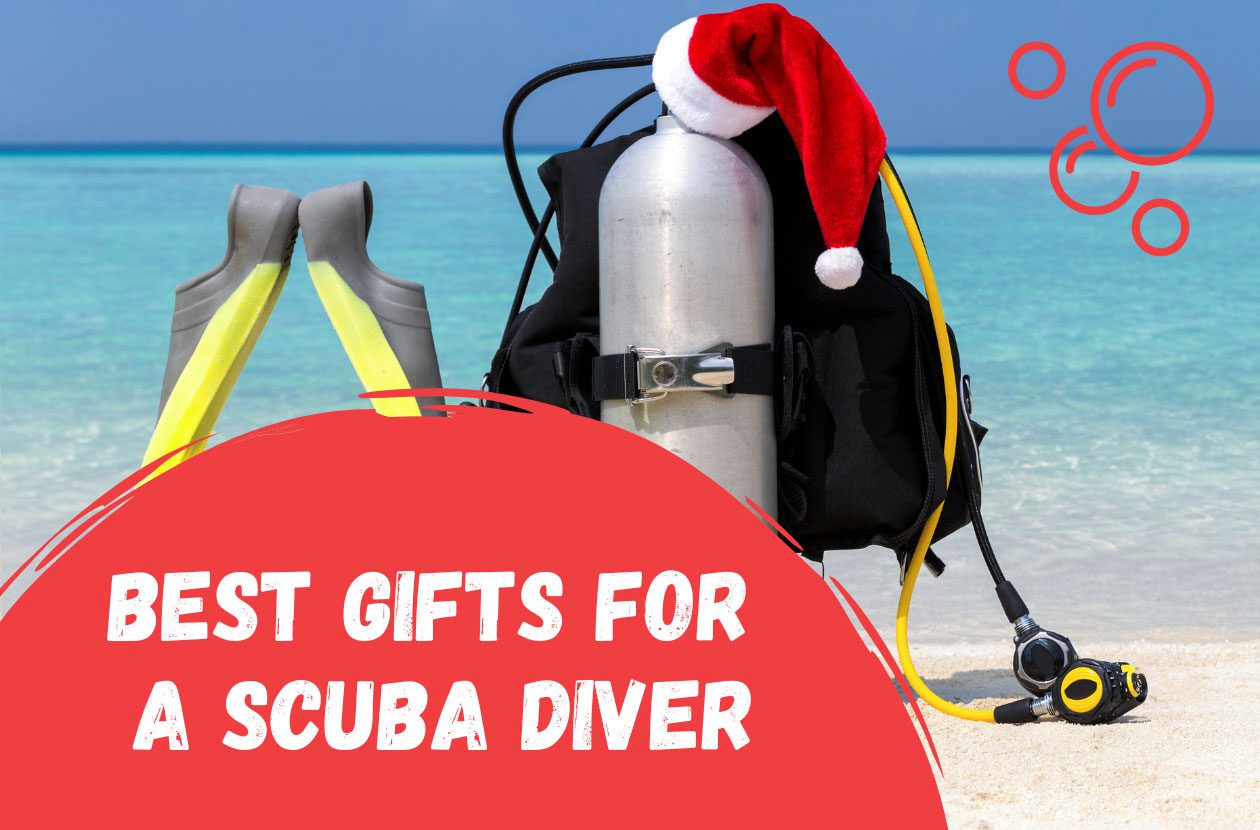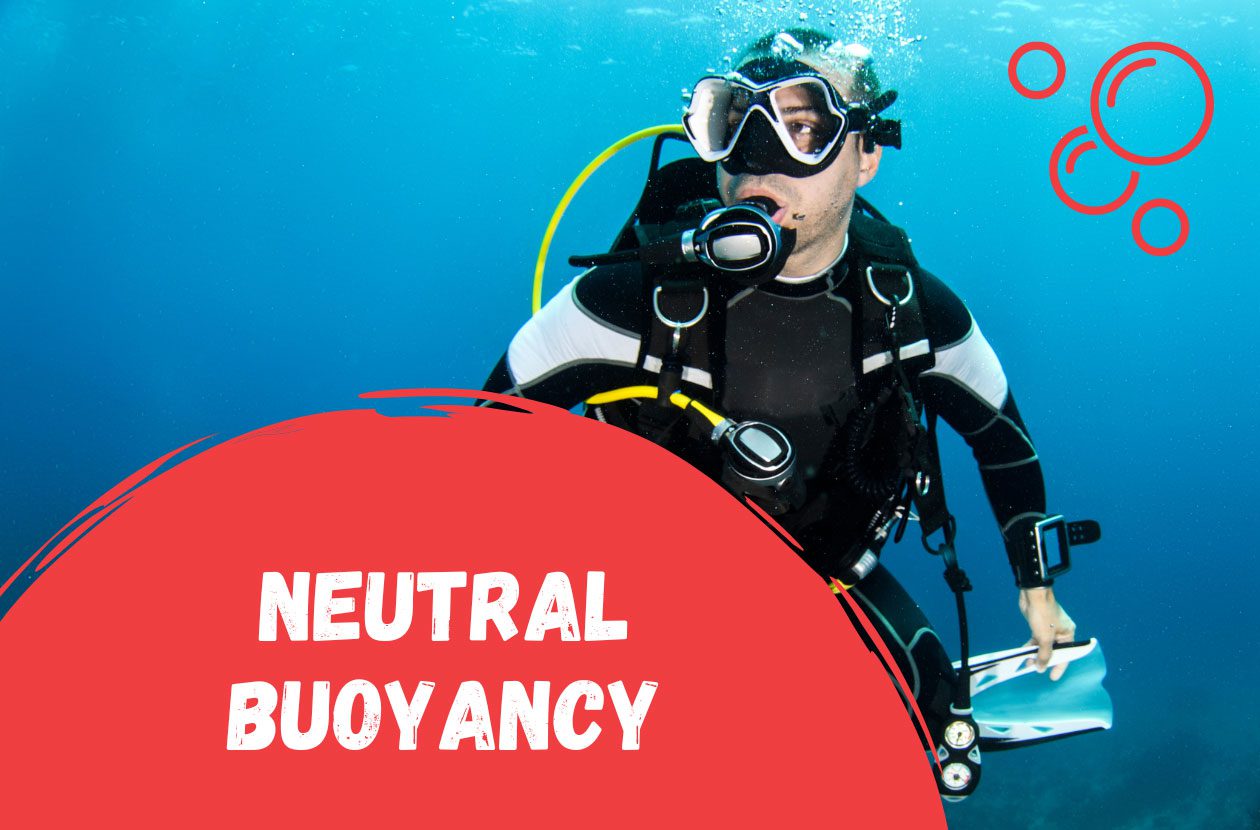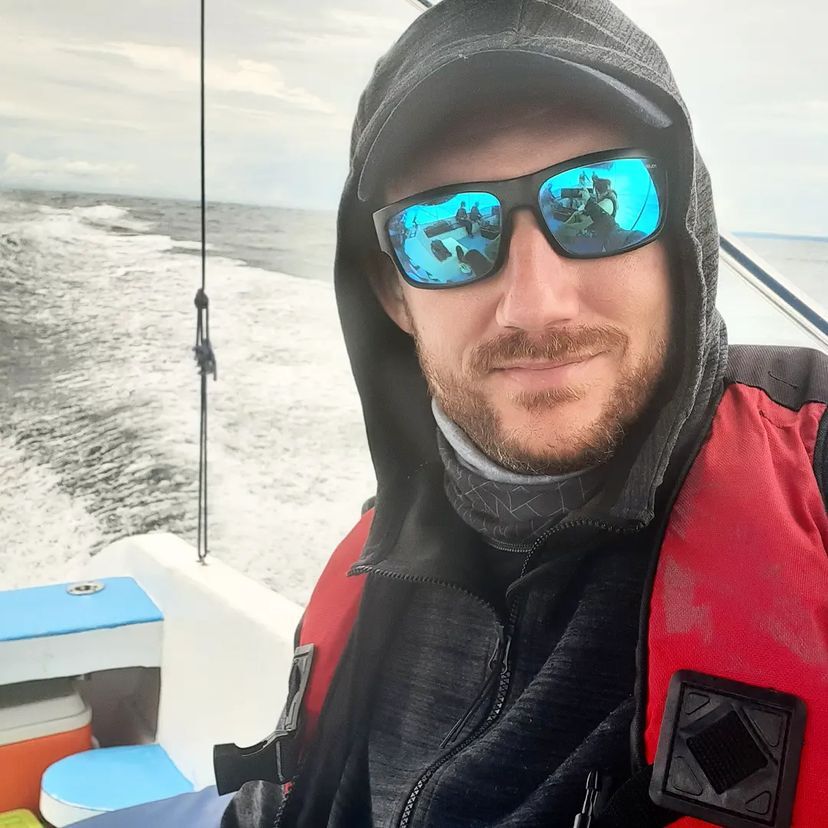Scuba diving is an exhilarating underwater activity that allows individuals to explore the mesmerizing world beneath the waves. Many people often wonder whether it’s possible for non-swimmers to learn scuba diving. In this article, we will delve into this question and provide insights into the feasibility of non-swimmers embarking on this exciting adventure. So, if you’ve ever dreamt of exploring the underwater realm but lack swimming skills, read on to find out if you can fulfill your scuba diving aspirations.
Table of Contents
Can Non-swimmers Learn To Scuba Dive?
Scuba diving is an activity that brings individuals closer to the wonders of the underwater world. It allows people to witness vibrant coral reefs, colorful marine life, and captivating shipwrecks. Naturally, the idea of scuba diving appeals to many, including non-swimmers. However, it’s essential to understand the relationship between swimming skills and scuba diving proficiency.
Understanding Scuba Diving
Scuba diving involves using self-contained underwater breathing apparatus (SCUBA) to explore the underwater environment. It requires individuals to have a basic understanding of dive theory, safety protocols, and equipment usage. While swimming skills are valuable, they are not the sole determining factor for scuba diving.
The Importance of Swimming Skills
Swimming skills play a significant role in scuba diving. The ability to swim allows divers to move through the water comfortably, maintain buoyancy, and handle unexpected situations. Non-swimmers may initially find it challenging to adapt to the underwater environment due to the lack of swimming proficiency. But that doesn’t mean that diving is not for you because you can’t swim! On the contrary, scuba diving may be the way for you to learn how to behave in the water.
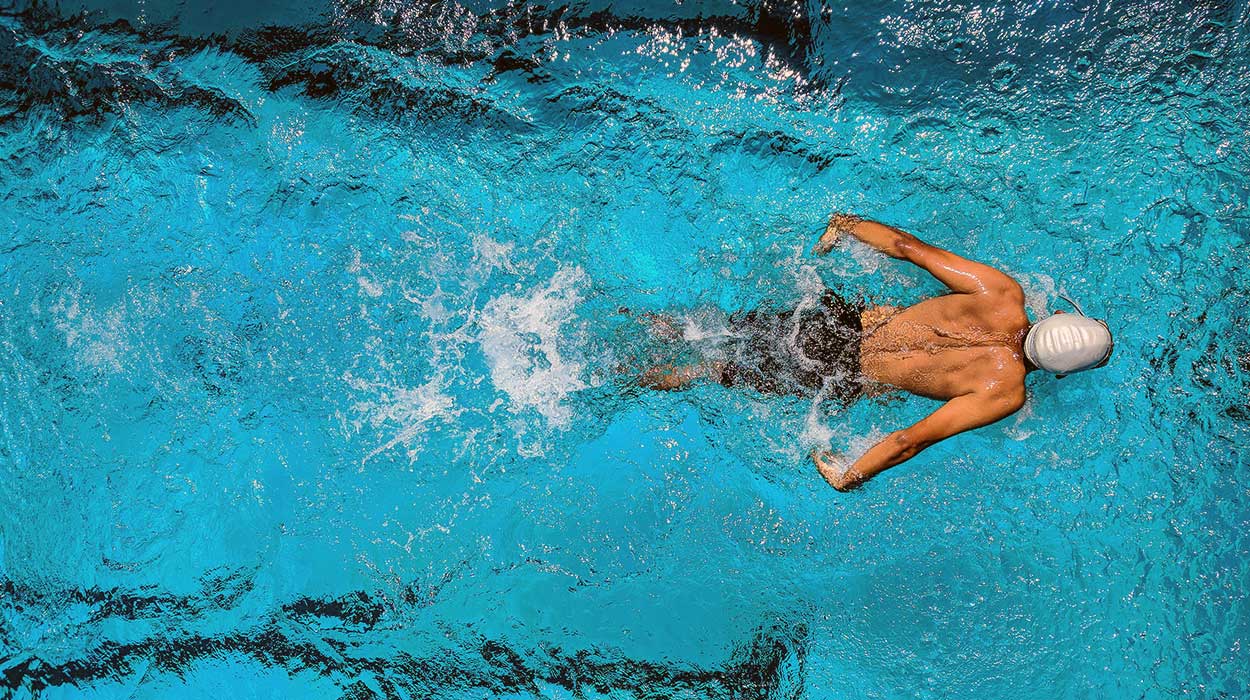
Overcoming Challenges for Non-Swimmers
Although non-swimmers face additional challenges when learning to scuba dive, it is not an insurmountable obstacle. With proper training, patience, and dedication, non-swimmers can acquire the necessary skills to enjoy scuba diving safely. However, it is very important here to choose a good diving instructor with experience in training divers at many levels and with different backgrounds. However, it is very important here to choose a good diving instructor with experience in training divers at many levels and with different backgrounds. The instructor’s job is to gain your confidence and show you that diving can be great, even if you can’t swim.
Professional Training for Non-Swimmers
To facilitate in becoming scuba divers, many professional dive organizations offer tailored training programs. These programs focus on building water confidence, teaching fundamental swimming techniques, and emphasizing buoyancy control. The instructors guide non-swimmers through a step-by-step process, ensuring that they develop the required skills at a comfortable pace.
Buoyancy Control and Safety Measures
Buoyancy control is crucial in scuba diving as it allows divers to float effortlessly in the water and maintain their desired depth. Proper buoyancy control helps conserve energy, protects marine life, and enhances the overall diving experience. Safety measures such as dive planning, buddy checks, and emergency procedures are also emphasized during training to ensure a secure diving environment.
Equipment Considerations
Scuba diving equipment plays a vital role in ensuring the safety and comfort of divers. Non-swimmers must receive proper instruction on how to use the equipment correctly. The instructors guide them in selecting appropriate gear, such as buoyancy compensators, masks, fins, and dive computers, to suit their specific needs.
Dive Options for Non-Swimmers
Non-swimmers have various dive options available to them. These include shore dives, where they enter the water from the beach or a pier, as well as boat dives, where they board a dive vessel to reach dive sites. Shore dives are often more accessible, providing an excellent opportunity to explore shallower and calmer waters.
Dive Buddy System for Non-Swimmers
The dive buddy system is a fundamental aspect of scuba diving. It involves pairing divers to ensure mutual safety and assistance throughout the dive. For non-swimmers, having a skilled and supportive dive buddy becomes even more crucial. The buddy can offer guidance, reassurance, and help manage any challenging situations that may arise.
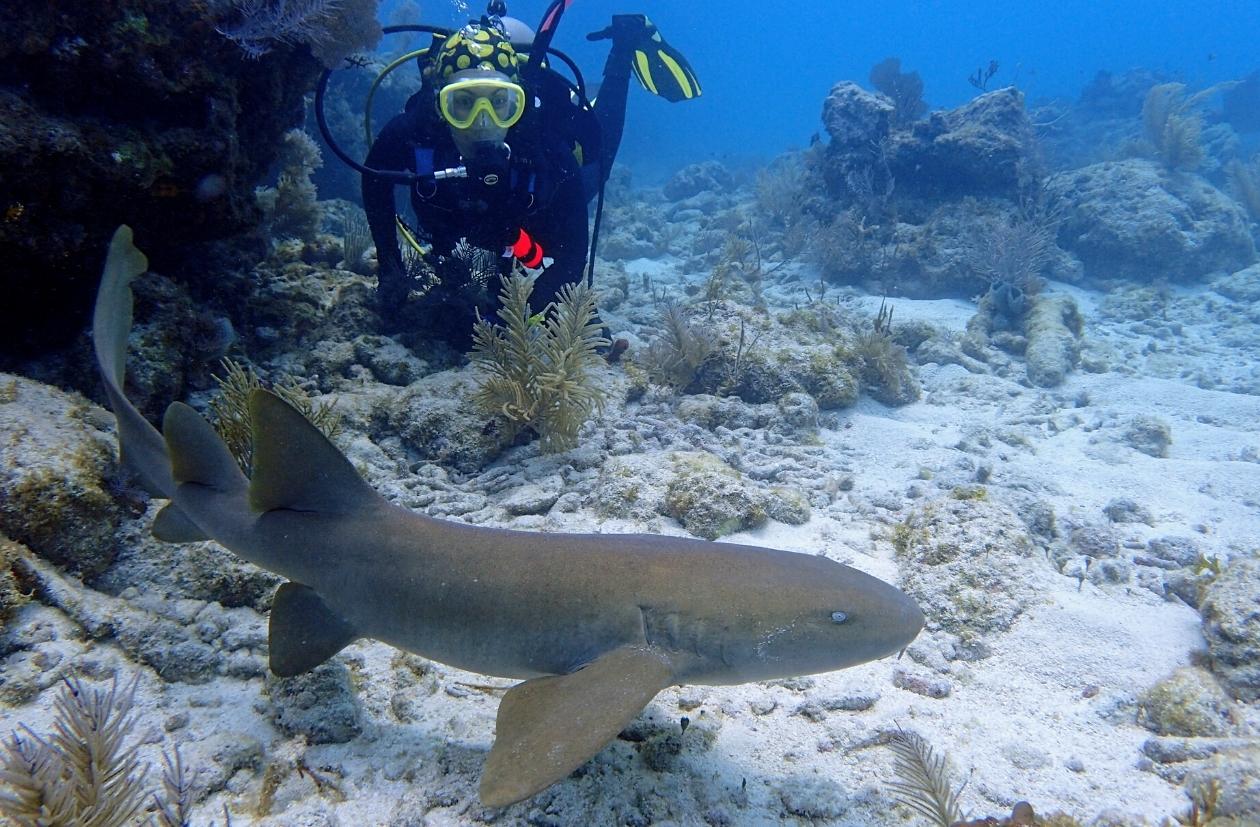
Benefits of Scuba Diving for Non-Swimmers
Diving offers many benefits for your physical and mental health. It provides an opportunity to conquer fears, build self-confidence, and experience the incredible beauty of the underwater world. Additionally, scuba diving promotes relaxation, reduces stress levels, and fosters a deeper connection with nature. But from my experience, I can say that diving many times opens the mind to new challenges. Many people who can’t swim and were really afraid of this diving challenge said after the whole experience that it was great and that they want to learn to swim and dive more. So maybe, paradoxically, diving will be the doorway for you to learn to swim.
Precautions and Limitations
While non-swimmers can learn to scuba dive, it’s important to acknowledge certain precautions and limitations. Non-swimmers should always dive within their comfort zone and avoid diving in challenging conditions. It’s crucial to consult with diving professionals and adhere to their guidance to ensure a safe and enjoyable diving experience. The key to success is finding a good dive base and experienced staff. Equally important will be the place where you dive, as it should be as peaceful and easily accessible as possible. The rest is up to you and everything is in your head.
Basic Water Skills for Scuba Diving
Let’s face it – even if you can’t swim, you can try scuba diving. I have always said that diving is for everyone and nothing is changing in this regard. We train children, the elderly, and even people with disabilities in diving are doing great. You can try diving under the guidance of a good instructor and overcome your fear. This is what our work is all about.
Of course, I must also say here that part of the basic PADI Open Water Diver course is to swim 200m in any style and in any time. This is one of the exercises you will do, but I am more than sure that in a good dive center and under the guidance of a specialist you will pass this task without any problems.
Can Non-swimmers Learn To Scuba Dive?
In conclusion, while swimming skills are valuable for scuba diving, non-swimmers can indeed learn and enjoy this thrilling activity. With specialized training, dedication, and proper guidance, non-swimmers can overcome challenges, acquire essential skills, and embark on incredible underwater adventures. So, if you’ve ever dreamt of exploring the magical realm beneath the waves, take the plunge and discover the wonders of scuba diving. Our PADI-authorized dive center specializes in a personalized approach to each client and we can overcome all your fears.
